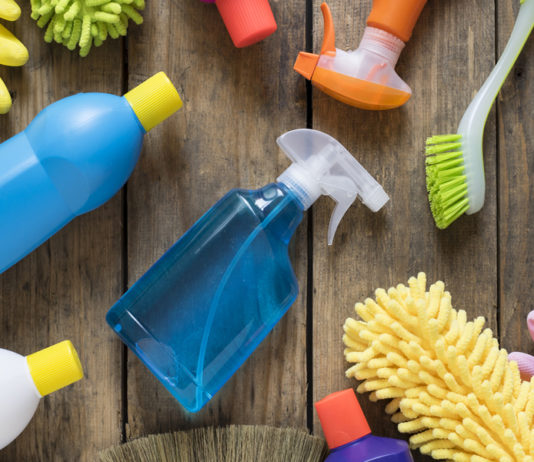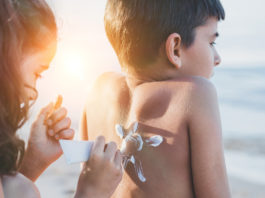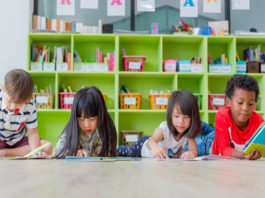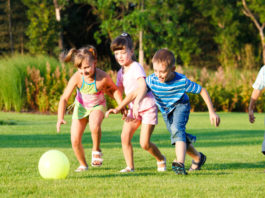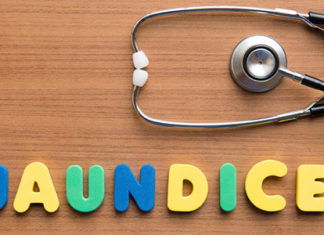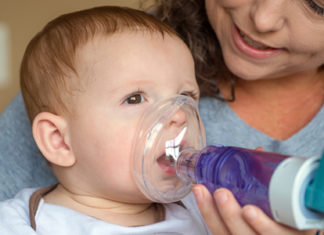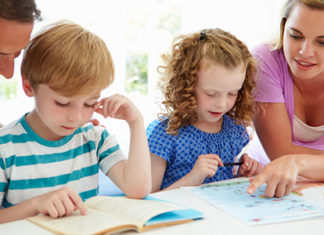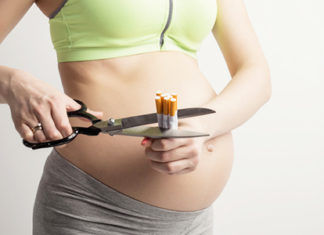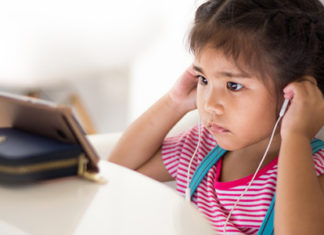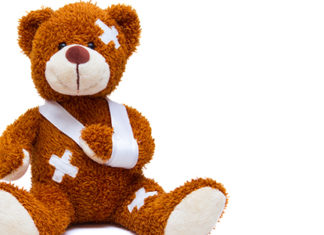Development of paper test for jaundice newborns
Monash University is part of a unique consortium that has recently won a grant of $1 million to promote commercialisation training amongst 21 partners nationally.
As part of the Australian Government’s Industry Growth Centres Initiative,...
Babies with severe respiratory illness have double the risk of childhood asthma
If children develop severe respiratory illness before two years old, they are at least double the risk of developing asthma later in childhood, a study of NSW babies has found.
A study of all children born...
Preventing adult mental disorders with help at kindergarten
Being exposed to abuse or neglect before age five is the strongest predictor of whether a child will be at risk for future mental illness, a study from UNSW Sydney finds.
Primary school teachers could detect children...
Parenting with evidence to shape children’s behaviour
Most parents will be relieved to hear Senior Lecturer in Clinical Psychology John McAloon confirm, “All kids have tantrums.” But what strategies can parents take to ensure any challenges or struggles don’t become long-lasting,...
Nicotine replacement therapy safest for pregnant smokers
Following a new study published in the Medical Journal of Australia today about the safety of nicotine replacement therapy (NRT) for pregnant smokers, Professor Sanchia Aranda, CEO, Cancer Council Australia is reminding women to quit smoking,...
The need for media literacy among Australian kids
Australia’s first national children’s news and media report, co-authored by Dr Tanya Notley from the Institute for Culture and Society, was officially launched in Sydney today.
The report, News and Australian Children: How Young People...
The value of acknowledging adolescents’ perspectives
Across very different cultures - Ghana and the United States - when parents acknowledge the perspectives of their adolescent children and encourage them to express themselves, the youths have a stronger sense of self-worth,...
Children uniquely vulnerable to sleep disruption from screens
With their brains, sleep patterns, and eyes still developing, children and adolescents are particularly vulnerable to the sleep-disrupting effects of screen time, according to a sweeping review of the literature published in the journal...
SIDS breakthrough: why babies shouldn’t sleep face down
International research involving the University of Adelaide has uncovered a developmental abnormality in babies – especially in premature babies and in boys – that for the first time has been directly linked to cases...
SIDS breakthrough: why babies shouldn't sleep face down
International research involving the University of Adelaide has uncovered a developmental abnormality in babies – especially in premature babies and in boys – that for the first time has been directly linked to cases...
- Advertisement -
Sign up to receive the latest parenting news, competitions, health information, baby/child/whole family recipes, play ideas, outings, personal stories and much more.


